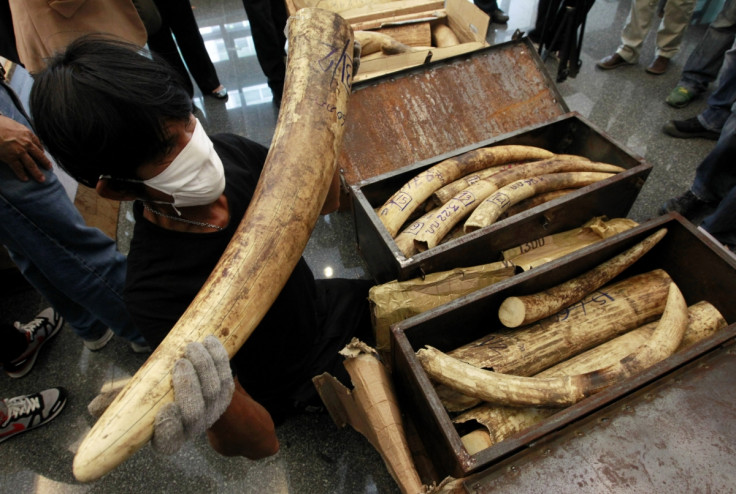Fight for Fish and Wildlife Decline Led to Somali Piracy, Say Scientists

The depletion of fish stocks can be directly linked to the birth of Somali piracy and rise in child labour, a study has found.
According to the research published in the journal Science human trafficking, forced labour and political instability are caused by the decline of wildlife population.
The research also found the harvest of wild animals directly supports about 15% of the world's population and provides food for more than a billion poor people.
"Billions of people rely directly and indirectly on wild sources of meat for income and sustenance, and this resource is declining," said lead author Justin Brashares, associate professor of ecology and conservation at University of California Berkeley.
"It's not surprising that the loss of this critical piece of human livelihoods has huge social consequences. Yet, both conservation and political science have generally overlooked these fundamental connections."
According to the study, wildlife decline can bring about a need for more labour to collect scarcer resources.
This can lead to human trafficking and forced labour under abusive and sometimes deadly circumstances.
In the case of Somalia, for example, the decline of fish stocks has led to an increase in child labour and piracy.
"Less fish to catch demands greater effort to harvest," said Brashares. "As more labour is needed to capture scarce wild animals and fish, hunters and fishers use children, [who] are often sold to fishing boats and forced to work up to 20 hours a day without pay.
"Surprisingly few people recognise that competition for fish stocks led to the birth of Somali piracy. For Somali fishermen, and for hundreds of millions of others, fish and wildlife were their only source of livelihood, so when that was threatened by international fishing fleets, drastic measures were taken."
The study also explained that terror groups and militarised crime syndicates are drawn to huge profits gained through the trafficking of illicit wildlife parts.
In some countries in Africa, for example, terror groups such as the Lord's Resistance Army and Janjaweed poach ivory tusks and horns from elephants and rhinos to fund their activities.
According to the authors, wildlife management could reduce conflicts and forced labour worldwide.
"Wildlife loss is widely viewed as a symptom of social unrest and injustice; we show with this work that is often the source of these social outcomes. As such, wildlife management should be a central element of efforts to mitigate conflicts as seemingly disparate as child slavery, ivory trafficking, and piracy," Brashares concluded.
© Copyright IBTimes 2025. All rights reserved.




















